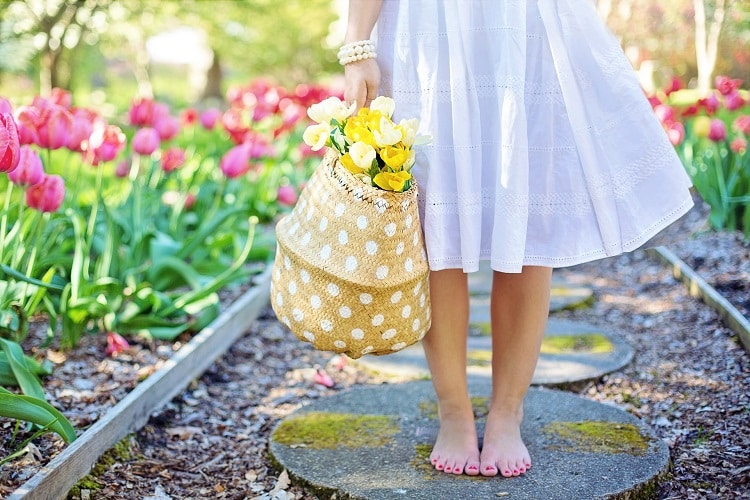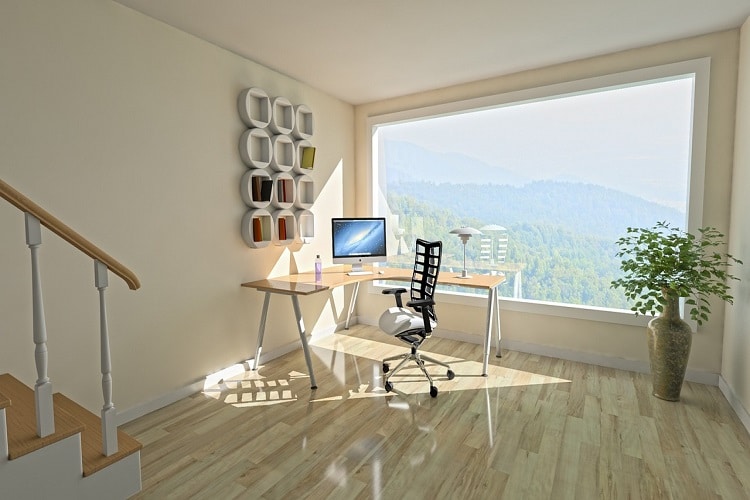
How To Start A Garden – Steps To Gardening For Beginners
Almost everyone fantasizes about creating a beautiful, colorful garden. However, when reality sets in, a lack of time and money shatters that lovely fantasy. Also, your thumb may not have been as green as you imagined.
But all is not lost; all that is required is that you get started and attempt to follow some helpful hints to assure success, which is feasible even for the most inexperienced gardeners.
Table of Contents
Start a Garden: What do I want, and how do I want it?

You should first ask yourself, “What do you want your garden to be?” before you start doing anything else. A children’s park, an orchard, or a sea of flowers?
It’s tough to meet all of your requests and expectations at the same time. So, at least initially, set some boundaries.
You’ll have to wait a while before you can design your own Eden.
Before you get started, think about what you want in your garden: sitting places, play areas, and flower beds.
And begin small! You don’t want to accomplish everything at once; instead, keep in mind that plants need time to develop and cover all of the places you want.
If you’ve already chosen what you want and anticipate from your garden, you should ask yourself two additional questions before heading to the store:
How much can you do on your own?
It’s all about balancing time, expertise, and resources. For many gardeners, part of the appeal is being able to handle everything yourself. Others employ a professional, such as landscape architects or exterior designers.
However, being really alone is uncommon. You may always enlist the assistance of friends, family, and neighbors!
What are the weather conditions in the area where you live?
Many sorts of zones might exist in a nation or even in a city. Getting assistance from a local garden shop or nursery is an excellent place to start. They are quite knowledgeable about the plants, climate, and soil. Purchasing plants without first inspecting them might be a waste of money.
What do I need to start a garden?
The tools
If you want to do everything yourself and answer yes to the first of these questions, you’ll need certain equipment in addition to your plants.
Keep in mind at this point: QUALITY IS VALUE FOR MONEY.
In the store, you may get extremely inexpensive tools, however, will they be able to handle the task?
Tools should be durable enough to last more than one season. Purchase high-quality gardening equipment and supplies.
Imagine trying to trim heavy branches with a saw that is dull or bends all over. Buy less, but higher quality and they will last longer. You will also grumble less when you have to perform your work.
Here is a brief list of important items for the newbie gardener when creating a garden to get you started:
- a shovel to dig
- a rake
- a lawnmower
- Garden scissors
- hand saws
- Irrigation hose and sprinklers
- A good pair of gloves won’t hurt.
How do I choose my plants when starting a garden?

We already know exactly what we want and how we want it. And the best part is that we have a fantastic flower bed in mind as part of our wish list. Is there anything more in mind when you create a garden except flowers?
In this regard, we must constantly remember that there are three basic things to consider while planting a flower bed: height, time, and color:
- Be sure to choose species with overlapping bloom periods to extend the season.
- Choose colors that look good together.
- Make sure taller plants don’t shade short ones.
What else will I need?

You’ll need amendments depending on the sort of soil you have. Some plants require soft soils, whereas others require clay, and others require acidic soils; in fact, each plant is a world unto itself.
So, if you don’t already know, determine your soil type and attempt to choose plants that are appropriate for it.
However, if there are plants that you just cannot live without but that do not thrive in your soil, we have an alternative: soil supplements, which not only help to acidify or alkalize a soil but also feed a poor, nutrient-depleted soil.
There are many different forms of soil additives, including organic ones like straw, leaves, mulch, heather or chestnut soil, manure, compost, peat, and inorganic ones like limestone, sulfur, and plaster.







